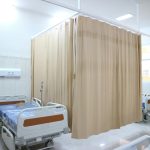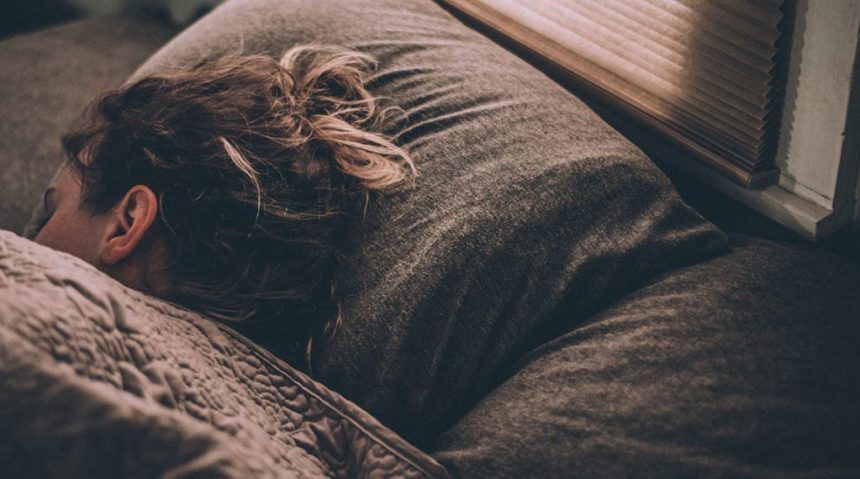The Rise of Sleep Technology
In an age where wellness is as much about mental clarity as it is about physical health, sleep has become the new status symbol. From wearable trackers to AI-powered mattresses, the global sleep tech industry is projected to hit $40 billion by 2030. But with countless devices claiming to improve your rest, how do you separate science-backed solutions from marketing fluff?
Smart Mattresses That Learn Your Sleep Patterns
Modern sleep surfaces have evolved beyond memory foam. Companies like Eight Sleep and Sleep Number now offer smart mattresses equipped with sensors that monitor your heart rate, movement, and even room temperature. Over time, these mattresses adapt their firmness and temperature to optimize deep sleep cycles—no manual settings required.
Wearables That Go Beyond Step Counting
Smartwatches and dedicated sleep trackers, like the Oura Ring and Whoop Band, measure more than just how long you slept. They track sleep stages, recovery scores, and nighttime heart rate variability, giving you actionable insights. Unlike older wearables, newer models also provide personalized recommendations—such as adjusting bedtime or evening light exposure—to improve sleep quality.
Sound and Light Therapy for Better Nights
If you’ve ever been jolted awake by a harsh alarm, sunrise-simulating lamps offer a gentler alternative. Brands like Lumie and Philips mimic the gradual increase of natural daylight, helping regulate your circadian rhythm. For falling asleep, white noise machines and binaural beats apps help mask disruptive sounds and guide the brain into a calmer state.
Breathing and Relaxation Tech
Devices such as Dodow or Calmigo use guided breathing exercises—sometimes paired with rhythmic lights—to help users unwind faster. These tools target the parasympathetic nervous system, slowing the heart rate and preparing the body for rest.
The Science Caveat
While many of these gadgets can improve sleep hygiene and awareness, experts warn they’re not magic cures for chronic insomnia or medical conditions like sleep apnea. Sleep tech works best when paired with foundational habits—consistent bedtimes, reduced caffeine, and screen-free evenings.
Final Thoughts
Sleep technology has shifted from a niche wellness gimmick to a serious, data-driven tool for better rest. Whether it’s a smart mattress that cools you down or a wearable that helps you track recovery, the key is finding tech that fits your lifestyle—and remembering that good sleep still starts with good habits.











